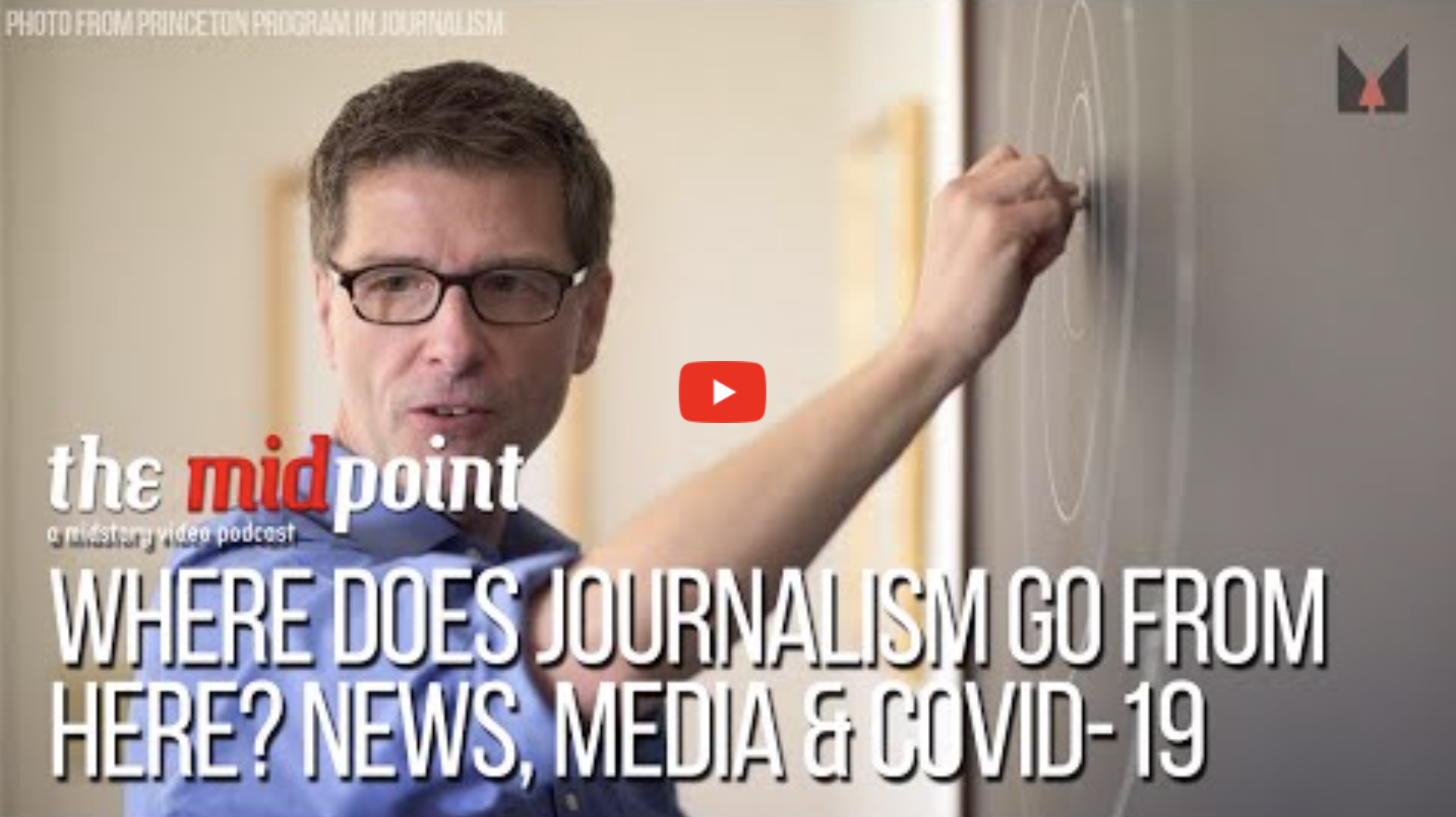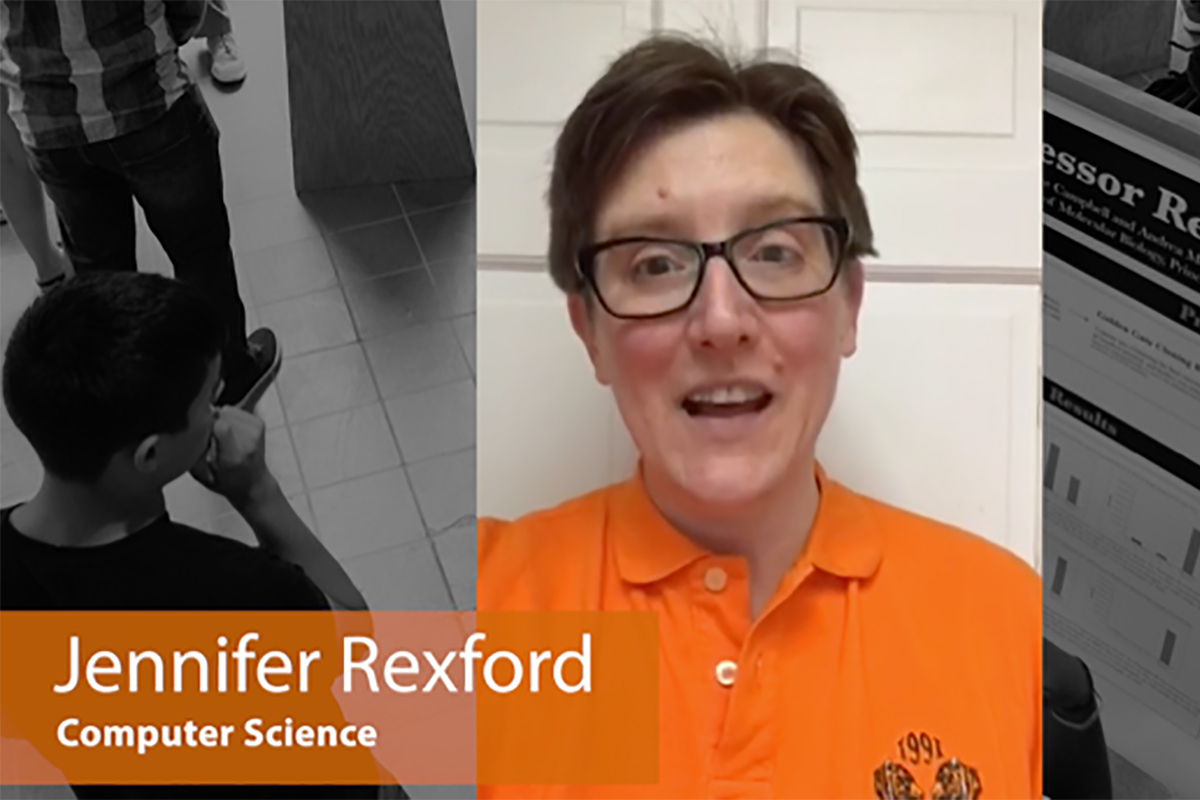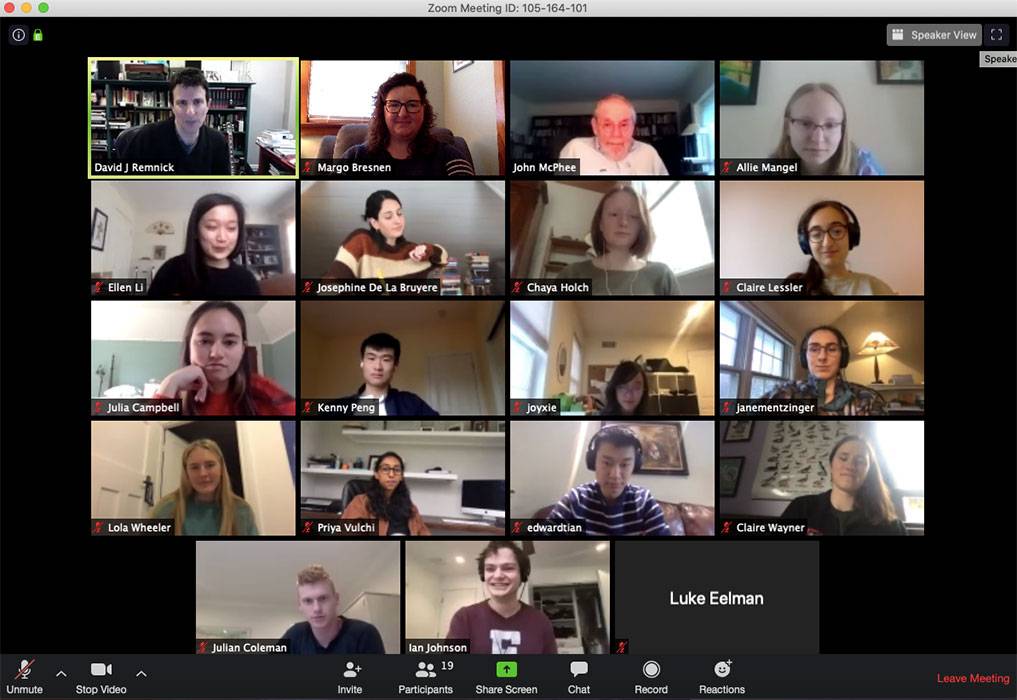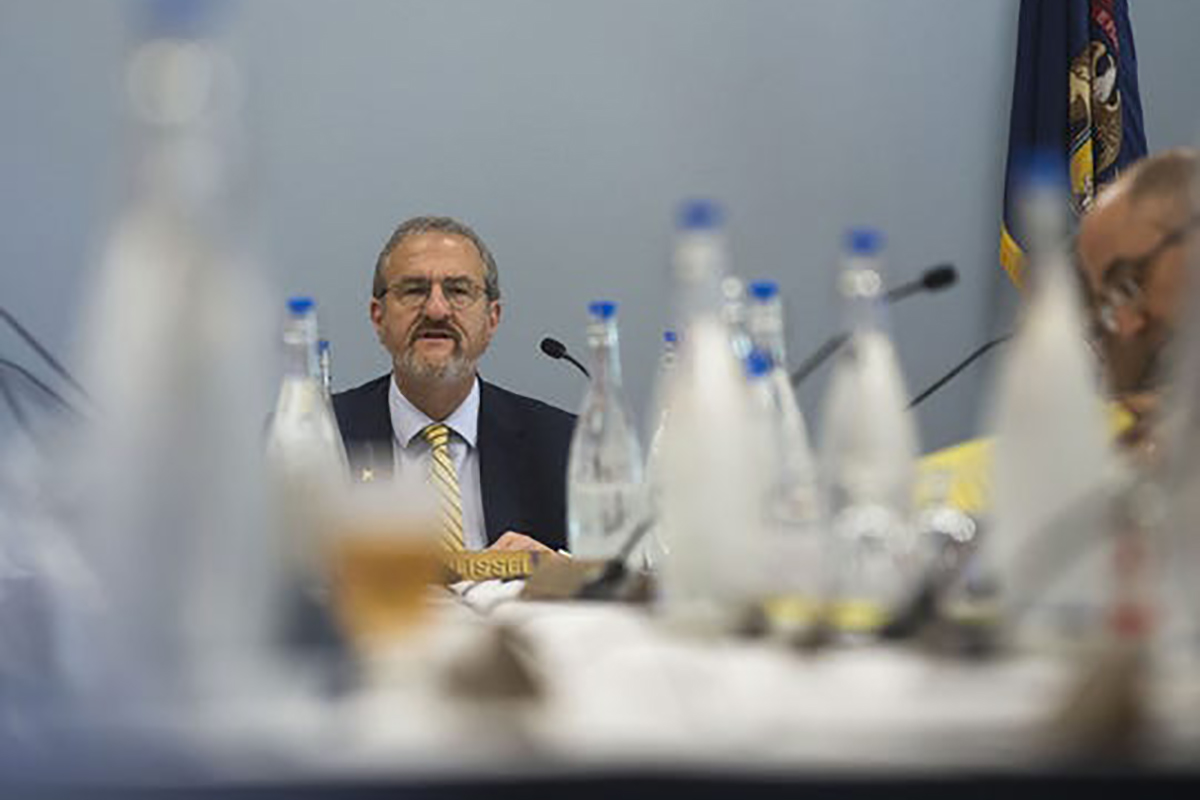
“We have the best of times and the worst of times in journalism, because readership is at historic highs, and you really can see it during the pandemic,” said Joe Stephens, former staff writer for the Washington Post and the founding director of Princeton University’s Program in Journalism. “At the same time, the economic model is completely falling apart, and it’s been falling apart for decades, actually, and accelerating as we go along.”
Stephens was interviewed by Logan Sander ’18, co-founder of Midstory, on the MidPoint video podcast. They discussed the current state of journalism and how COVID-19 was thrusting change upon the industry. “Local and regional papers are really struggling at a time when they’re needed the most,” Stephens said. “How do you know where to go if you need to be tested? You need to rely on the local media. It’s the only place to go to get reliable, verified, independent information. And yet, some of those local papers have already closed.”
To watch the entire conversation, visit the Midstory site.




